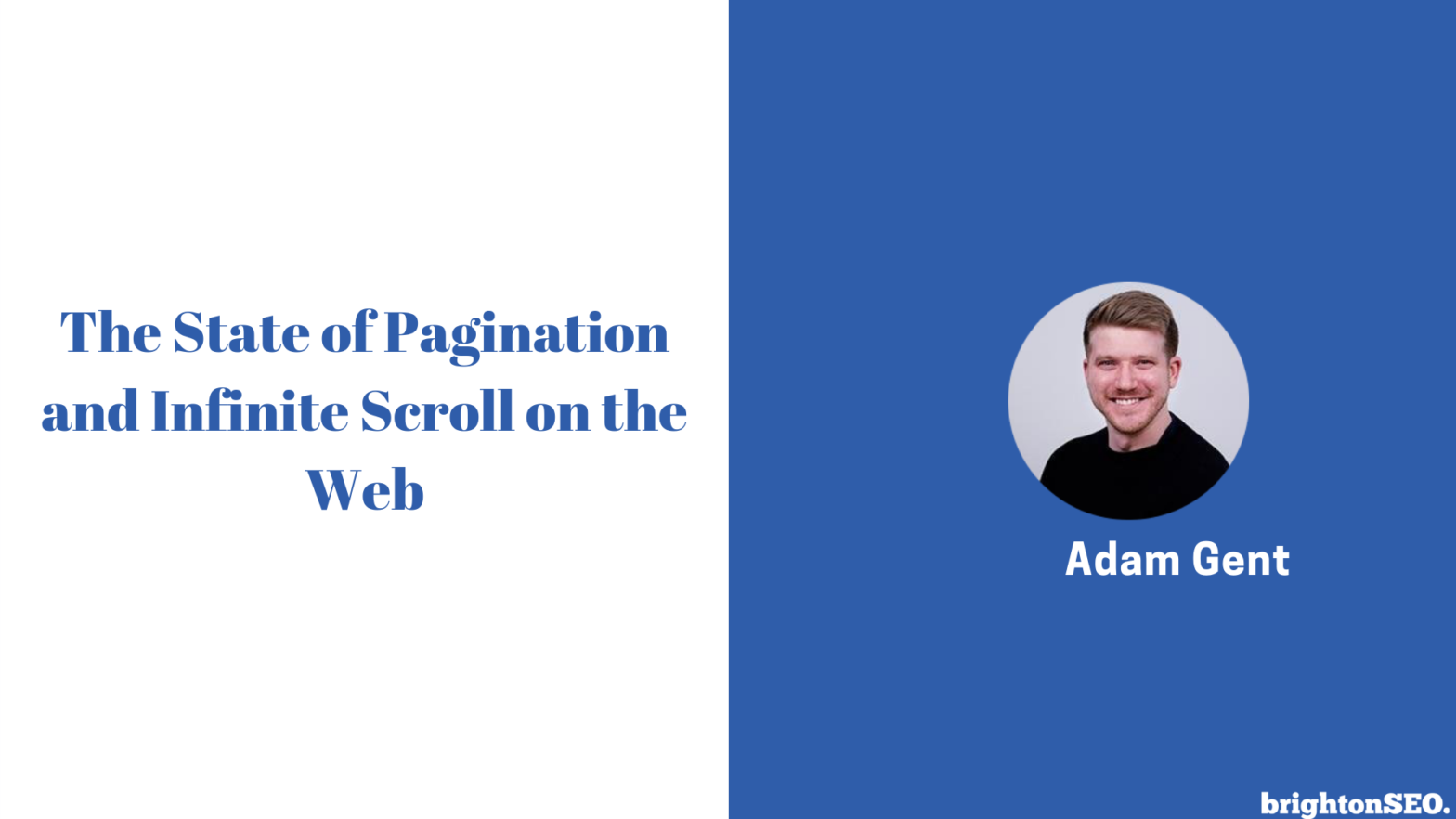In March this year, Google announced that it had stopped supporting (for at least a couple of years!) the rel=prev/next markup that is used to indicate when a page is part of a larger set of pages in terms of pagination.
That’s a bit strange as they have been advocating using it until very recently. This announcement substantially changes classic strategic considerations for e-commerce catalogues, multi-page articles and blog taxonomies – all page types that make up a considerable portion of the internet.
What do I need to do for SEO without rel=prev/next?
To be honest with you not a lot. In fact absolutely nothing.
It makes sense that if the rel=prev/next markup had not been used as an indexing signal for some time then it hasn’t really affected you for the past few years.
The Search Giant’s advice is to continue doing whatever you are currently doing with pagination, and if you aren’t currently having issues then you will be fine. You also do not need to go in and remove pagination.
Thinking about it while Google may have dropped this from their ranking algorithm, there are other search engines out there that use this as a signal. For example, although Bing doesn’t use it to merge individual pages into one set, it does use it for discoverability and understanding the structure of a site.
Adam Gent at BrightonSEO 2019
In this talk, Adam Gent (DeepCrawl) dives deep into the current implementations of pagination and infinite scroll across the web and talks about how sites can achieve technical excellence when creating a paginated series on mobile and desktop websites.


Leave a Reply